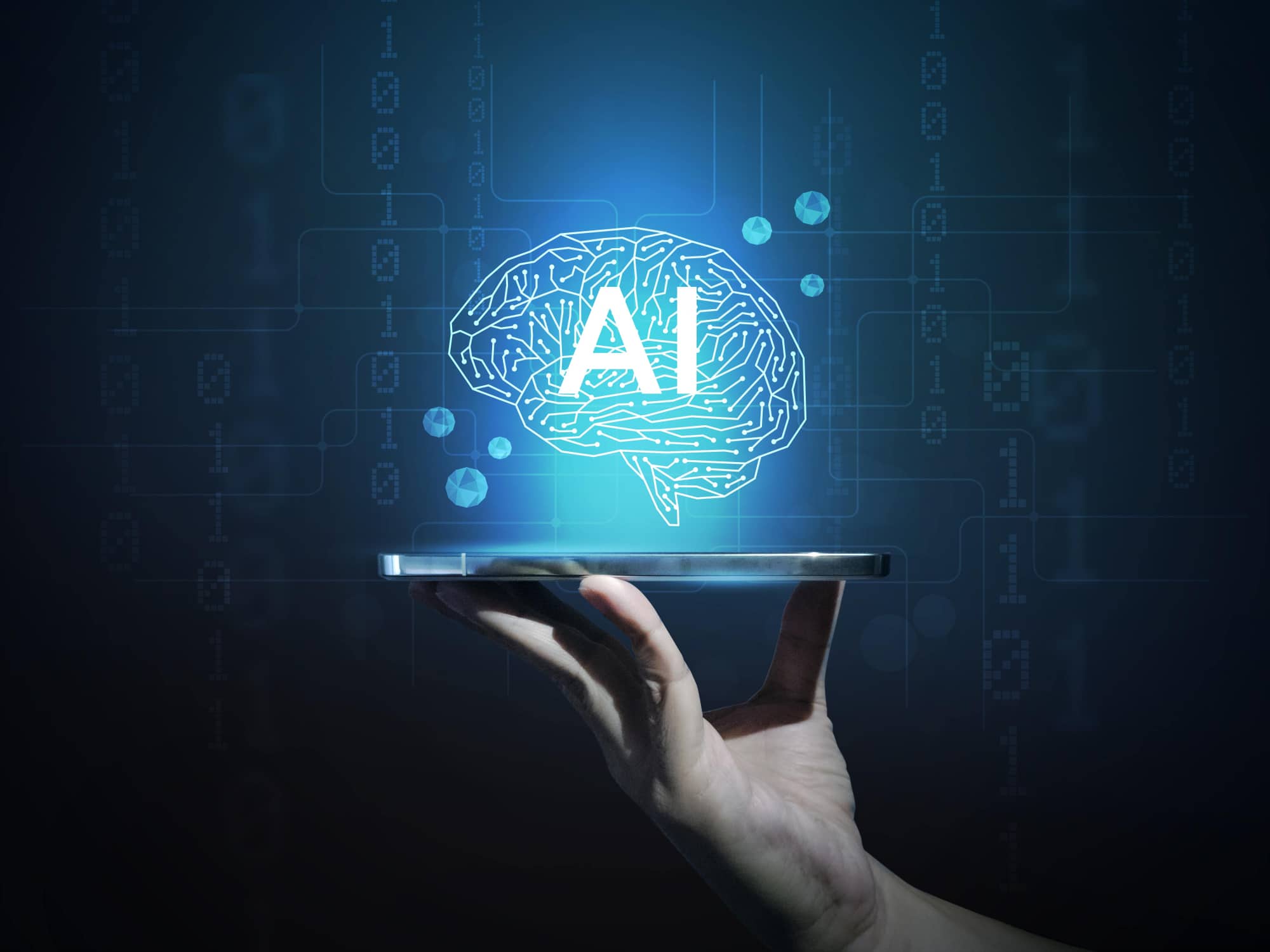Key Takeaways
- AI is transforming HR roles from administrative tasks to strategic planning, enhancing overall productivity.
- Organizations like IBM have automated a large majority of HR functions, highlighting significant gains in efficiency.
- The focus of HR is shifting to analytics and personalized talent management, moving away from traditional compliance-heavy processes.
- HR leaders are now becoming interpreters of data, guiding business transformations by aligning employee needs with organizational objectives.
- The importance of human elements, such as empathy and decision-making, remains crucial and cannot be replaced by AI.
- Continuous investment in skills and roles is necessary for HR to effectively manage AI integration and bridge talent gaps.
- Successful organizations will redefine HR as a collaborative engine between humans and AI, focusing on strategic growth.
In recent years, Artificial Intelligence (AI) has redefined countless industries, and Human Resources (HR) is no exception. As organizations adopt AI technologies, they are witnessing profound transformations in HR roles, responsibilities, and strategic outcomes. This blog post explores the pivotal shifts and offers insights on how HR professionals can navigate this AI revolution effectively.
The Evolution of HR Roles in the Age of AI
The HR landscape has undergone a seismic shift as AI technologies automate routine administrative tasks. This transformation is pushing HR professionals to move beyond their traditional roles, focusing on strategic decision-making and planning.
1. From Administrative Tasks to Strategic Planning
AI has relieved HR professionals from the tedium of administrative work by automating tasks such as scheduling, payroll processing, and data entry. This shift allows HR teams to focus on high-value activities, enhancing overall productivity and fostering a strategic mindset.
2. Organizations Leveraging the Power of AI
Companies like IBM have been at the forefront of AI adoption, automating an astounding 94% of their HR functions. This level of automation not only improves efficiency but also empowers HR teams to focus on more impactful roles within their organizations.
The Shift to Analytics and Personalized Talent Management
AI is reshaping the HR function by enabling advanced data analytics and personalized talent management, moving away from compliance-heavy procedures to more dynamic and targeted approaches.
1. Interpreting Data for Business Transformation
HR leaders are increasingly becoming interpreters of complex data, which positions them to guide organizational transformation. By understanding and analyzing workforce data, HR can align employee needs with business objectives, driving growth and retention.
2. The Role of Human Elements
Despite AI’s capabilities, the human touch remains indispensable in HR. Empathy, cultural alignment, and complex decision-making are areas where AI still falls short. AI systems need to be managed by experienced professionals who can make nuanced decisions that impact people and culture.
Bridging the Skills Gap in an AI-Driven Environment
The introduction of AI into HR necessitates a continuous investment in skill development and role restructuring.
1. New Skills for HR Leaders
As AI tools become integral to HR operations, leaders need to develop skills in data interpretation, strategic planning, and technology management. This will enable them to use AI effectively, ensuring that human talent is maximized.
2. Strategic Growth Through Human and AI Collaboration
Successful HR departments will redefine themselves as collaborative engines, where human intuition and AI efficiency work hand-in-hand to create strategically aligned outcomes. This synergy is essential for organizations aiming for sustainable growth and transformation.
Embracing the AI Journey in HR
The integration of AI in HR is not about replacing humans but enhancing their roles, allowing them to focus on strategic growth rather than administrative burdens. By adopting AI, organizations not only improve efficiency but also empower HR teams to drive meaningful change. HR leaders who embrace this transition will elevate their influence on workforce planning and overall digital transformation.




